The final and long awaited final season of Game of Thrones is upon us! The Night King (with the help of the undead Viserion) has broken The Wall, and the great Houses of Westeros will either continue to collide or join forces to fight off this White Walker attack! Fans the world over are feeling mixed emotions at the start of Season 8: excited at their favourite series returning, but sadness at realising that this is it. No more GoT after this. What are we going to do then???
*Insert excessive gasping and ugly cry tears*
We all know what happens during Game of Thrones-mania though, two types of fan sets emerge: The ones that watch each episode as it airs, and the ones that love to binge on the entire series in one go, once all the episodes have aired.
{{cta(‘6b5f9c30-55ad-4680-b6bb-93bb0705ca40’)}}
To the people that wait till then end, you really are making office gossip that much harder the day after airing, for those that want to discuss it at length; because you know fan theories are impressive, detailed and NEED to be discussed asap around that water cooler right?!
Game of Thrones water cooler office moments are already in full swing, but there are also other trending office topics being discussed: looking at 2019 and how it has been shaping up to be an impressive and explosive boiling pot of technologies.
So how would these technologies shape up if they were all vying for the top workplace throne?
Be it mobile apps, gamification, occupancy sensors, scheduling solutions and AI, it’s an exciting time in the development of workplace tech. But the question then turns to what, if any, of these technologies will prove to be the most dominant and take the throne?
In no particular order….
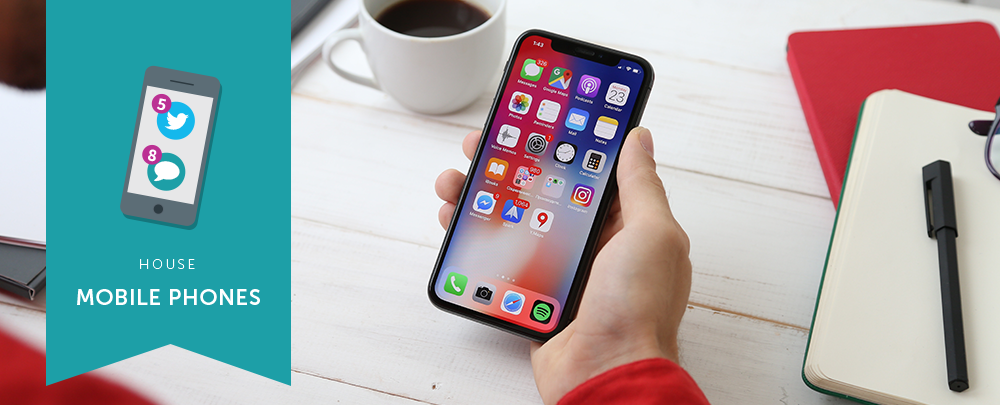
1: House Mobile Phone
Is the mobile phone the patriarch of the workplace technologies? Some could argue that with high mobile usage, this technology could be a major contender. The average adult spends 3:15 hours per day on their mobile phone; and in the UK, 68 per cent of UK smartphone owners use their device to check their emails. 33.6 per cent of remote workers in the Asia Pacific region, and 27 per cent of Europeans are reported to wake up occasionally during the night to check their smartphone or tablet. In a recent study 30 per cent of employees said mobile apps improve business processes.
How attached are you to your smartphone; how crucial has it become in your working day?
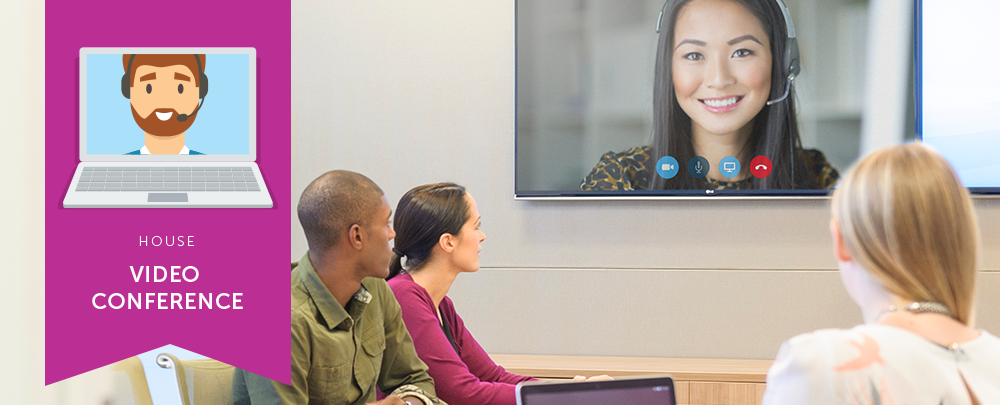
2: House Video Conferencing
The landscape of video conferencing has changed dramatically over the past ten years. Many businesses have realised the benefits: global collaboration, employee productivity and cost saving on travel.
94 per cent of businesses that utilise video conferencing say it increases productivity.
Wainhouse Research and Businesses using VC have seen a 30 per cent reduction in travel costs. So could this technology take the workplace throne?
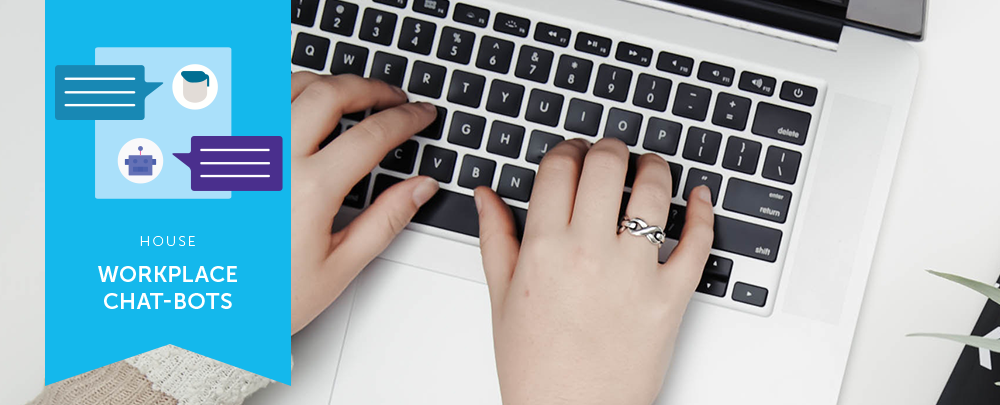
3: House Workplace Chat-Bots
ChatBots are a relativity new technology, and according to recent research by IT platform, Spiceworks, only 3 per cent of organisations using this technology have a policy in place on how to use intelligent assistants, Chat-Bots, or other forms of AI, and just 1 per cent of organisations offer employee training on how to use AI in the workplace.
As its popularity as an organisational tool increases though, businesses are starting to implement training programmes as well as creating policies with which to incorporate it into their overall digital transformation strategies.
Are you ready to breach the Wall and introduce Chat-Bots into the office mix?
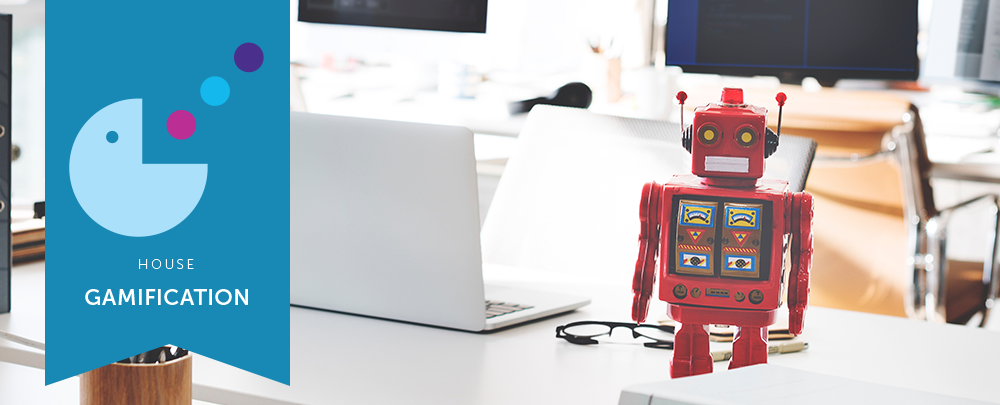
4: House Gamification
The smaller of the workplace Houses, but one that is proving popular in recent times, and continues to gain traction as an employee motivation tool, with 43% of employees stated the case of new technologies a big motivator for them.
Using technology to create gamification in the workplace can help the businesses reform transparency and trust, whilst still letting employees know that their efforts are being noticed, and that they’re making a difference.
Could this be the House that comes galloping in from behind the pack to take the throne as we head into 2020?
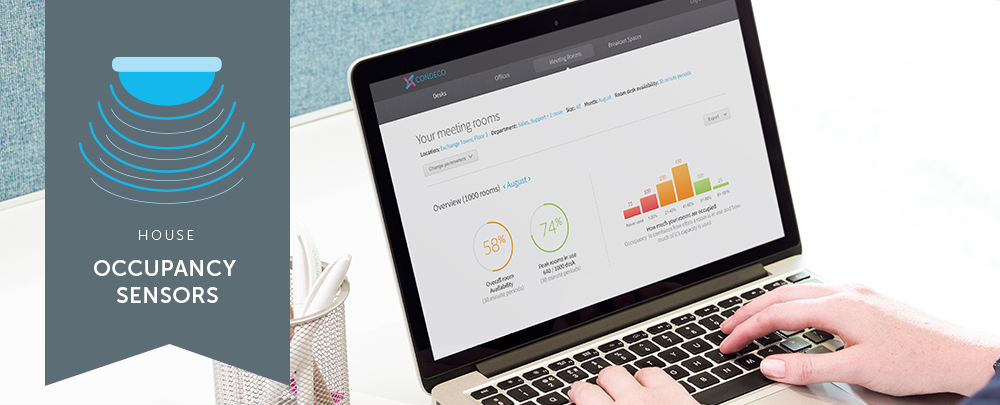
5: House Occupancy Sensors
Marred with controversy like House Lannister, occupancy sensors may not be a crowd favourite, but workspace occupancy sensing helps you understand how your desks, meeting rooms and break out spaces are used in extraordinary detail.
On a day-by-day and hour-by-hour basis, sensors can gather data on your real estate uses. By identifying both increases and decreases in real estate utilisation, sensors can deliver valuable intelligence to help determine if your workplace is meeting demand – both now and in the future.

6: House Email
Email management can be a stressful and overwhelming daily exercise for many employees, and now that we are connected 24/7 through our devices, it can lead to burnout. According to Atlassian, we receive 300 emails per week, while McKinsey say we spend 2.5 hours reading and responding to those emails. In total, we are spending 1.5 days a week reading emails!
*Add GoT viewing time, and there is a good chunk of your day filled up!
As individuals, we probably have some form of personal management for our work emails, but there are examples of businesses who have begun to think outside the box, and implement companywide email policy, in a bid to help with employee wellbeing and increase productivity.
Does email still form part of your workday success measurements?
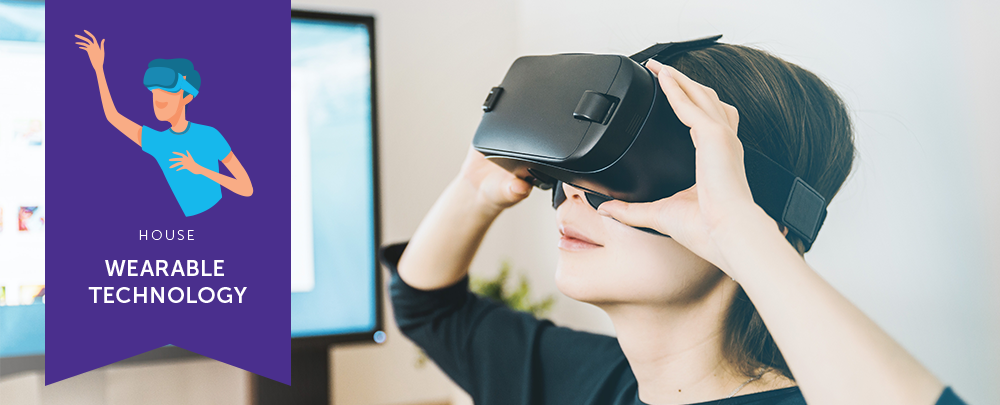
7: House Wearable Technology
49 per cent of respondents to a PwC survey believe wearable technology in the workplace will improve efficiency.
49 per cent of wearable adopters forecast that smartwatches will have the greatest impact on the enterprise. So while the smartwatch has become an intricate part of recreational life, it has increasingly taken up the mantle within our work life too; aiding in flexible and agile environments – something we need to be in the claim for success in our working activities right?

8: House Artificial Intelligent
“Alexa, play the Game of Thrones theme song”.
Many of us have welcomed the AI assistant into our homes, like Alexa and Google Home, and now, their counterparts are slowly making their way into the office fold and helping us out with our everyday work tasks. “Up to 25% of businesses could be using virtual assistants in customer service within the next few years”. So how are you getting ready for AI Assistants in the workplace?
Fellow Game of Thrones fans, as we breach the technology workplace wall and introduce more and more contenders to the throne, which technology would YOU choose to rule them all?
Our verdict?
There is no one clear ruler! *Insert shocked expressions*
All of these technologies combined, make for what a smart office of tomorrow looks and functions like today; aiding in employee wellbeing, productivity, collaboration and increased output and ultimate ROI.
Long live the collective Kings of Workplace Technologies, and may they continue to flourish, evolve and make our day that much more engaging and intuitive!